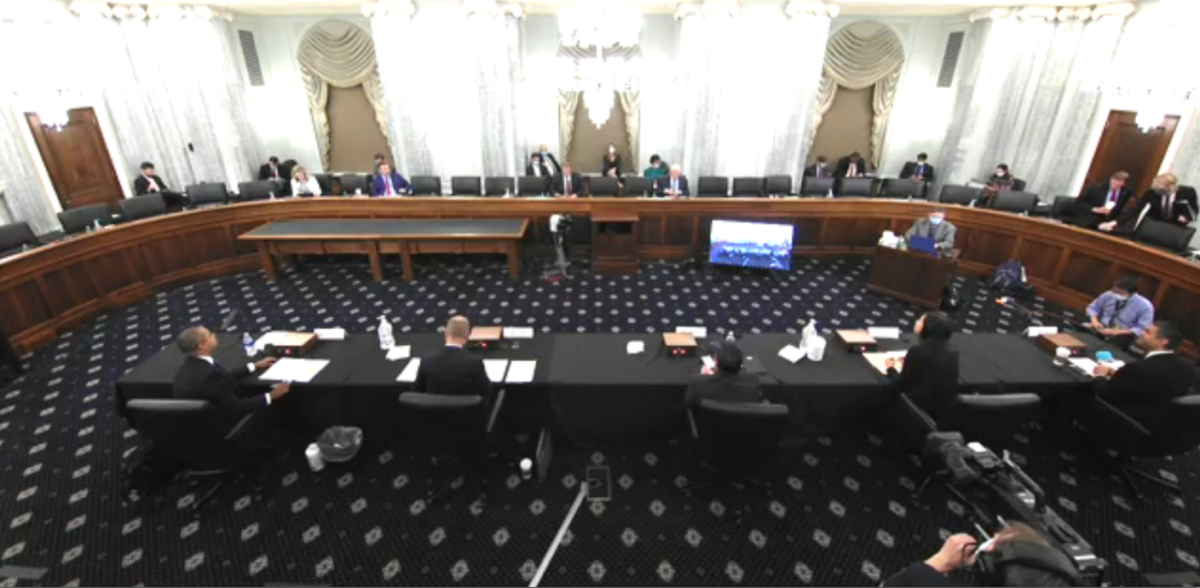Rural Digital Opportunity Funds Should be Decreased Until FCC Gets Mapping Right, Says Commissioner Jessica Rosenworcel
June 24, 2020 — The Federal Communications Commission should decrease the amount of money distributed through the Rural Digital Opportunity Fund, said Commissioner Jessica Rosenworcel in a Senate hearing on Wednesday. The sometimes-confrontational meeting saw members of the Committee on Commerce, Sc

June 24, 2020 — The Federal Communications Commission should decrease the amount of money distributed through the Rural Digital Opportunity Fund, said Commissioner Jessica Rosenworcel in a Senate hearing on Wednesday.
The sometimes-confrontational meeting saw members of the Committee on Commerce, Science, and Transportation express frustration about what they saw as the FCC’s lackadaisical attitude toward expanding access to broadband for online schooling.
When asked what she believed held the agency back from achieving universal internet access for students in the coming school year, Rosenworcel claimed it was due to prioritizing speed over accuracy and lacking access to correct data.
“We’re making it a choice between speed and accuracy,” she said. “I think the government needs to do both.”
Rosenworcel said that the RDOF funds constituted 80 percent of the agency’s funding for such projects, and to disburse such a large amount now would be a mistake.
“I think we have to reserve far more of those funds for a time when our maps are correct and accurate, because if we don’t, we will not have funds to get to every American,” she said.
Rosenworcel claimed that the agency was not sufficiently meeting the current moment and needed to deploy additional programs similar to the E-Rate program.
Right now, she said, “we’re not helping students who really need to be connected.”
Members of the committee also grilled the agency’s Republican members. When Sen. Brian Schatz, D-Hawaii, asked Chairman Ajit Pai what the rate of error was for broadband mapping, Pai said that the error rate only applies to partially served areas and that Schatz was “comparing apples and oranges.”
However, Schatz accused Pai of not knowing the error rate and said that the agency was unwisely distributing billions of dollars based on an incomplete picture.
Rosenworcel agreed.
“We say 18 billion people don’t have broadband, [but] there are other studies that suggest that number is 42 billion or even 162,” she said. “We just don’t know well enough to give out 80 percent of our funds for the next ten years.”
Phase one of the Rural Digital Opportunity fund takes place in October.










